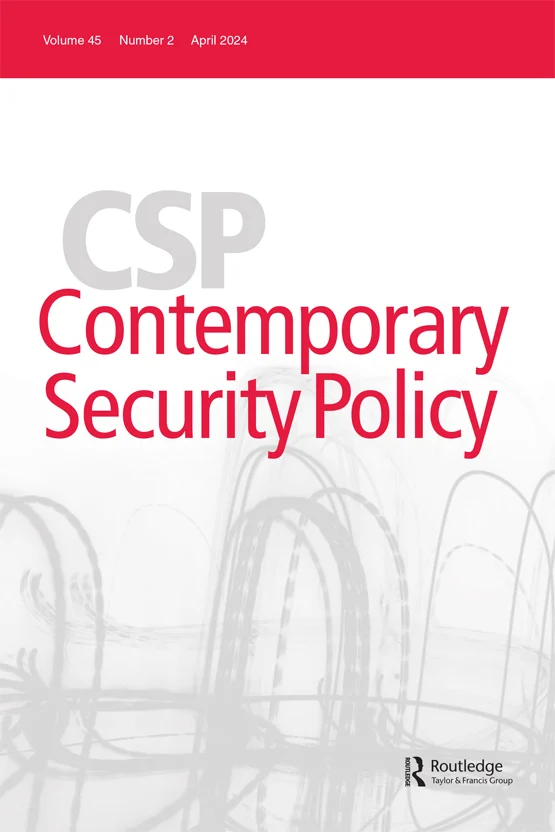解释国家参与十项世界性大规模杀伤性武器条约:对批准决定的生存分析
IF 5
1区 社会学
Q1 INTERNATIONAL RELATIONS
引用次数: 0
摘要
摘要我们对国家参与普遍性大规模杀伤性武器条约的了解大多基于对《核不扩散条约》的研究。相反,本文分析了目前所有十项大规模杀伤性武器条约的批准情况。通过对批准事件(1960-2022年)的生存分析,它挑战了传统智慧。它表明,安全威胁——新现实主义者和《不扩散条约》研究者强调的一个因素——只能提供一个软弱和不完整的解释。相反,有三种类型的成本和收益会影响批准决定:政策变化成本、条约次要功能带来的收益以及与区域同行批准行为一致带来的收益。更具体地说,该条款认为,拥有和追求大规模毁灭性武器会推迟批准。该国对自由霸权秩序的支持、其经济发展水平以及各自条约的高地区批准率都增加了批准的可能性。本文章由计算机程序翻译,如有差异,请以英文原文为准。
Explaining state participation in ten universal WMD treaties: A survival analysis of ratification decisions
ABSTRACT Much of what we know about state participation in universal weapons of mass destruction (WMD) treaties is based on research about the Nuclear Non-Proliferation Treaty (NPT). This article instead analyzes the ratification of all ten current WMD treaties. Using a survival analysis of ratification events (1960–2022), it challenges conventional wisdom. It shows that security threats—a factor stressed by neorealists and research on the NPT—provide only a weak and incomplete explanation. Instead, three types of costs and benefits influence ratification decisions: policy change costs, benefits from the secondary functions of treaties, and benefits from the conformity with the ratification behavior of regional peers. More specifically, the article finds that the possession and pursuit of WMD delays ratification. The country’s support for the liberal hegemonic order, the level of its economic development, and a high regional ratification rate of the respective treaty increase the probability of ratification.
求助全文
通过发布文献求助,成功后即可免费获取论文全文。
去求助
来源期刊

Contemporary Security Policy
Multiple-
CiteScore
14.60
自引率
6.80%
发文量
22
期刊介绍:
One of the oldest peer-reviewed journals in international conflict and security, Contemporary Security Policy promotes theoretically-based research on policy problems of armed conflict, intervention and conflict resolution. Since it first appeared in 1980, CSP has established its unique place as a meeting ground for research at the nexus of theory and policy.
Spanning the gap between academic and policy approaches, CSP offers policy analysts a place to pursue fundamental issues, and academic writers a venue for addressing policy. Major fields of concern include:
War and armed conflict
Peacekeeping
Conflict resolution
Arms control and disarmament
Defense policy
Strategic culture
International institutions.
CSP is committed to a broad range of intellectual perspectives. Articles promote new analytical approaches, iconoclastic interpretations and previously overlooked perspectives. Its pages encourage novel contributions and outlooks, not particular methodologies or policy goals. Its geographical scope is worldwide and includes security challenges in Europe, Africa, the Middle-East and Asia. Authors are encouraged to examine established priorities in innovative ways and to apply traditional methods to new problems.
 求助内容:
求助内容: 应助结果提醒方式:
应助结果提醒方式:


